
The Post Secondary Transition Conversation
We talk about the ins and outs (and everything in between) of the secondary transition process for families of students with disabilities! Hosts Meghan (Smallwood) and Patrick (Cadigan) serve as supportive guides, leading families step-by-step up each rung of the transition ladder.
Also check out our parent website: https://www.postsecondarytransition.com
The Post Secondary Transition Conversation
083. The "Gap Year"
Hosts Meghan (Smallwood) and Patrick (Cadigan) discuss the challenges families may face when their children with disabilities transition out of school before turning 21. They highlight the importance of planning during the "gap year" and exploring alternative resources for funding support, such as VR (Vocational Rehabilitation) agencies. They emphasize the necessity for families to be proactive and have contingency plans due to funding uncertainties and potential delays in DD approval. Join the conversation!
Episode Keywords:
Post Secondary Transition, families, students with disabilities, gap year, DDA funding, Developmental Disabilities Administration, Division of Rehabilitation Services, Project SEARCH, job support, day programming, volunteer opportunities, career path, funding cuts, transition coordinators, community engagement
Links:
Project Search (site)
DD locator (site)
VR locator (site)
Developmental Disabilities Agencies (page)
Vocational Rehabilitative Agency (page)
Maryland (specific) Links/Supports:
Project Search- Howard County (page)
The ARC of Howard County (site)
To download a copy of a transcript for this episode or any of our previous conversations, click here.
Also visit our Podcast webpage to find links to all of our other discussions; go to www.p2transition.com.
Additional information about post-secondary transition can be found at our website.
The Post-Secondary Transition Podcast Facebook page.
Visit our YouTube Channel to find additional video resources.
Intro/Outro music by AudioCoffee from Pixabay.
Transition music by Joseph McDade from Transistor.
Okay, well, welcome back to the Post-Secondary Transition podcast, where we have conversations around the ins and outs and everything in between of the transition process for families of students with disabilities. I'm one of the hosts. My name is Meghan Smallwood.
Patrick Cadigan:And my name is Patrick Cadigan, and we're both public school transition coordinators. So here we are moving into the next topic of discussion. And again, this is one of those that having a quick discussion offline. Meghan, what did you want to share with the families today?
Meghan Smallwood:It's funny whenever we sit down and we're like, Okay, what should we talk about? There's usually a theme that I've seen in the last couple of weeks prior, and it sticks out in my mind. And one of the themes that you know was coming up a lot this past week was the conversation with families about that gap year, and that gap year I'm referring to might be when your student leaves school and they are not 21 yet, and DDA services will not kick in. Now, this isn't always the case, because we know that students can stay in the school system on their certificate track until they're 21 and for our students, who are working towards a diploma and they are still, you know, within that range of receiving credits up until 21 can as well. But sometimes, for whatever reason, could be parent student choice could be that they finished the credits and they don't have anything left to do. It could just be whatever circumstance they find themselves done with school. There's no DDA funding yet. And when I say DDA funding, you know that's that Developmental Disabilities Administration with the state long term funding to help with any kind of job support, day programming, any any long life support after you leave that secondary world of school. And it's scary, because I think, you know, they hear so much about how important it is, and now they've got this time. And what do they do at this time? They don't have school anymore, they don't have a full day. And that's when we really tell parents that they're going to have to plan and, you know, rely other services and other resources around such as the Division of Rehabilitation Services or DORS, which can still provide the funding for them. And DORS might be able to offer longer amounts of support than, you know, just a work based learning experience or some kind of short internship, but a DORS counter can give you more information on that, but it's just something to keep in the back of your mind. Have you encountered that at all with any of your students, Patrick?
Patrick Cadigan:You know, it's funny, because as I'm sitting here listening to you talk, I'm like, again, I find myself in that situation where I am the surrogate for the family, because, to be honest, know where I'm at in my situation at my school, I am now at one of the newest schools in the county, and this is actually the first year that we are going to have graduating seniors. And when I say graduating seniors, like diploma-bound graduating seniors, so with my certificate, track friends, or, in other words, my friends who are not going to graduate with a diploma, but will graduate with a certificate of completion, I'm not there yet. So, you know, I am still in that place where I am pleading with my families to fill out their DDA applications and following up with them. One of the things that I found interesting this year was I have a new student who was coming to us from a different location, and there was a whole process around that that I'm discovering. So again, getting back to your topic, when it comes to the gap year, I must confess, I am all ears, because this is a new thing for me.
Meghan Smallwood:The worst is when I think it sneaks up on the team. And, you know, it's hard, because I like to back map, but sometimes you get a situation where, like you mentioned, they might be coming from even a different county or different state, and when you're looking at the requirements for the Maryland diploma, you're like, oh, this doesn't align. And all of a sudden, we're out of time, or they're almost one-on-one credit away, and you know, it's there's still going to be time after but the other situation that I've seen it happen a few times now is with our Project SEARCH students, where we've had some diploma students who have done it for their last year in the school system. And then once they complete project search, it's that exit year. So you're done with school and our diploma students are usually 18 or 19.
Patrick Cadigan:Now, very quickly, before we dive too deep into that, for new listeners or people who don't know what we're talking about, do you want to give a brief overview of what Project SEARCH is?
Meghan Smallwood:Yeah, and Project Search, I know is, is nationwide. But within our school system, we have a partnership with the Howard County government, where we work in the county, obviously our school system, the arc in our county, and then some other organizations that we work closely with, like the hospital, like the government buildings. And so what happens is we can have up to 12 students who have shown independent work skills, can work longer amounts of time, have gone through an interview process for the role, and they participate in this program for the year, where they have three different internships at different role, different jobs, trying out different roles, and they are mentored by someone from the office that they're working in. So it's a real life work scenario. You know, they still have a little classroom component where they're going over job skills and work readiness and those kinds of things, and the goal is for them to leave with employment.
Patrick Cadigan:In discussion of the gap year. So then, how does this affect those students like the situations you're saying?
Meghan Smallwood:There's a couple situations that I've seen where the student who participated in the program, because it can be a student receiving a certificate or diploma, students who are receiving a diploma are exiting, but they're not 21 and in order to participate in our Project SEARCH program, they have to be DORS and DDA eligible, so they have that DDA funding. However, they cannot access that DDA funding once they leave us yet, because they still have time. And you know, it worries me, because we do such a good job of working with the family in collaboration with their DDA coordinator to make sure things are moving forward in that last year, and then suddenly, the parent is on their own doing this nevertheless, and also they have a year or two to figure out what to happen before that. I've also had students where the family it was their choice that even though the student could remain in the school until 21 they said, No, he he's done. It was eight, he was 18, and they said, We want him to try other things. So they took it upon themselves to organize volunteer opportunities, and he's been doing well, but his DDA funding, you know, came later, so they were relying on other resources and just being the advocate and finding these volunteer opportunities for the student. And actually, one other situation I can think of was a former student who finished her credits for diploma over the summer, and then they realized she didn't have to return for, you know, the next school year. And again, she has one more year before she leaves, and DDA funding will will come into play. So it's just important to realize what the how everything lines up. It's great that they can finish and get their diploma before 21 you know, they have the time, but if they're done beforehand, wonderful. But you just have to account if they are going to rely on that DDA funding, that you're accessing other resources and just exploring what they can be doing to fill their day. So you know, they're not just sitting around waiting for the time to come. We want them to be an active and engaging part of the community. So just keep that in mind.
Patrick Cadigan:It sounds like what's happening is, is that you're having these experiences. You're talking to these families, where these gaps do happen. Is there anything that the families can do when they find themselves in that gap situation to kind of, you know, carry them through, yeah.
Meghan Smallwood:I mean, besides accessing doors or, you know, talking to the DORS counselor about what what's going on, I think it's just getting out and making connections. You know, again, we always talk about referring to what the student is interested in in terms of a career, and what a career path could look like for them. And I think it's, it's good to just continue to focus on that, as you would have anyway, and see what kind of experiences could be out there that align with it. If they're interested in animals, have them go volunteer at the the Humane Society, you know, if they're interested in like physical therapy or working with a doctor's office, see if you can talk to your your low your pediatrician or PCP about them, volunteering and helping in the office. Or if you know anyone within your family that works in that business you know, just see, see who you can connect with. Don't be afraid to talk to others and try to come up with some out of the box thinking ideas. It doesn't have to be okay. We're just going to go find a job, and you know, I'll be your support system until then, because we know realistically, that can always happen. And I think that is a worry too, because parents still have to go out and work, but they need something for the child to be doing or working with somebody.
Patrick Cadigan:So it's funny that, as I'm hearing you talk like that's one of the things that kind of that is, what I was hearing is, is that this is work that the family is going to need to do, because until that funding gets kicked in, you know, yeah, it's almost like they're going to be, it's going to be incumbent. On them to fill that gap in order to have things to do right.
Meghan Smallwood:And it does bring it back to what I know you and I were having conversation with the parent earlier this week too, about how even though they are supposed to be receiving DDA funding because their child exited the school system and is 21 and they're they're all set up, they have not officially been approved, and so they're in a gap timeframe, maybe not a year, hopefully not a year, but they're still in a timeframe where they're waiting for funding to happen, and it's falling on the parent to figure out how to handle that and what to do. So I guess it's almost like, you know, you got plan A and you got a plan for Plan B and Plan C. And I think it's just so important that we get the word out to make families aware of this. Because I think the worst thing is that you're just kind of, you know, taken aback and shocked by, well, nobody told me this, like I want people to know, be prepared.
Patrick Cadigan:And the other thing is, is that one of the frustrating things about the reality of now is that there has been so much discussion and so much rhetoric around funding for people with disabilities, and, yeah, not really knowing exactly what's going to happen. Or, like, of course, you know, we've heard about all the cuts, we've heard about a lot of stuff, but what we don't know is how that will have a practical, real world impact. I know there's a lot of discussion around it. There's a lot of fear. And, you know, again, when people ask me, ask us about it, yeah, I just say, frankly, I don't know, and yeah, I feel like we're all in a holding pattern.
Meghan Smallwood:Yeah. I always just say, as of this moment in time, I have not heard of any changes, right? Soon as I do, I will spread the word right, day by day. That's all we can do.
Patrick Cadigan:And I'm not trying to end the conversation on a downer. I'm really not...
Meghan Smallwood:I know.
Patrick Cadigan:...but it is, it is a good place to stop. And we do have more topics of discussion that will be coming up. But again, this was one of those that, as we were talking about it offline, it was like, You know what? It might be a good idea to to have a bit of a discussion about this. So...
Meghan Smallwood:Absolutely.
Patrick Cadigan:...all right, well, then we will sign off on this discussion, but we will definitely have more to come.
Meghan Smallwood:So don't forget that you can find our discussions everywhere. Apple, Spotify, YouTube, music and others. So hit that follow button and you won't miss out, please. If you haven't already done so, consider leaving a review, preferably a five star one. It helps you spread the word and helps us, because we know you're listening. Links to the information from our conversations are always in our show notes. Our YouTube channel contains curated videos that revolve around transition, including playlists for guardianship, alternatives to guardianship ABLE accounts and more to come. And then finally, check out our website, www.postsecondarytransition.com full of information and links to more resources. Thanks again. So much for your time spent with us, and we look forward to talking again with you soon.
Podcasts we love
Check out these other fine podcasts recommended by us, not an algorithm.
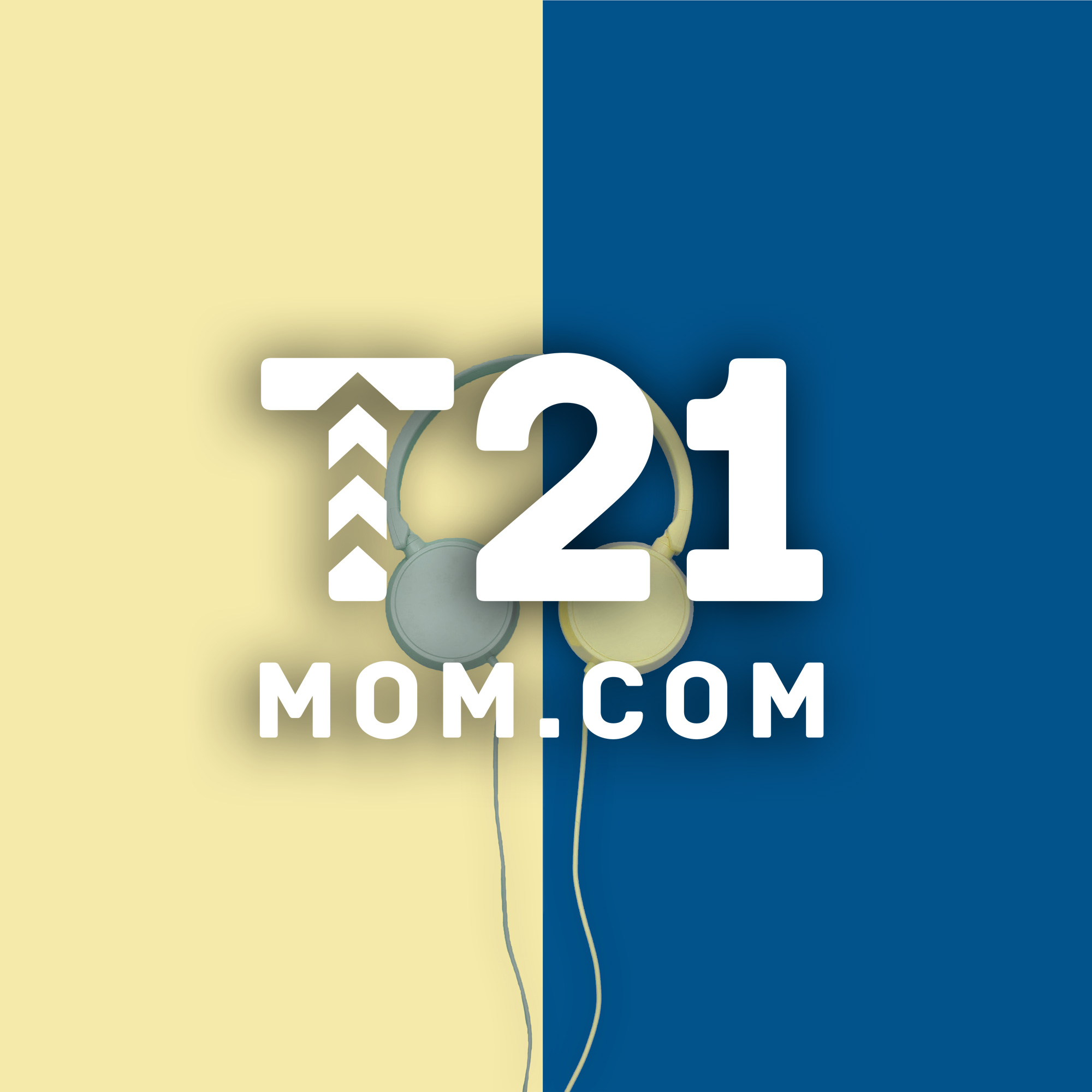
T21Mom-A Down Syndrome Podcast
T21Mom.com
The Collaborative IEP
Ashley Barlow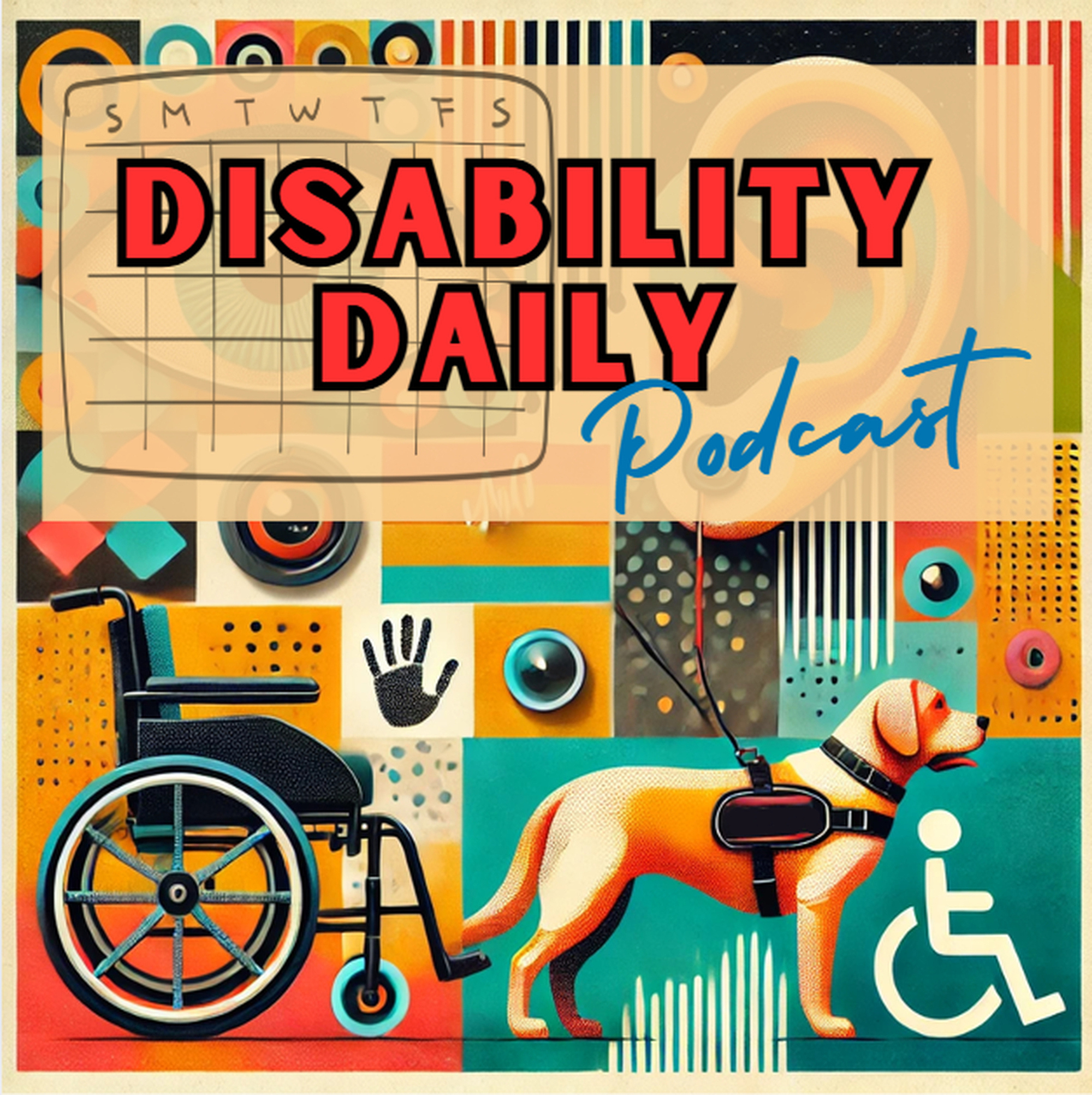
Disability Daily Podcast
Katie Healey, PhD, CPACC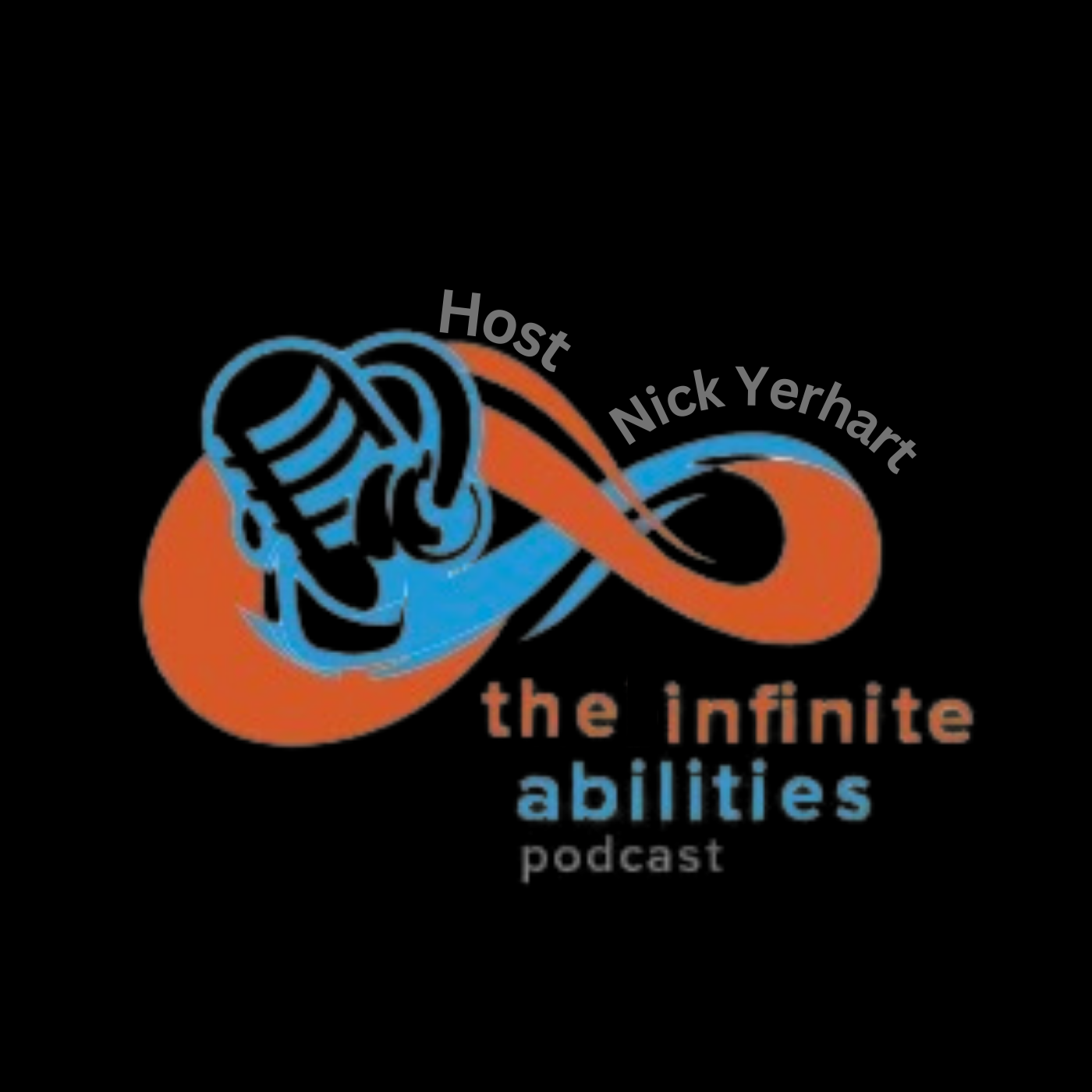
The Infinite Abilities Podcast
Nick Yerhart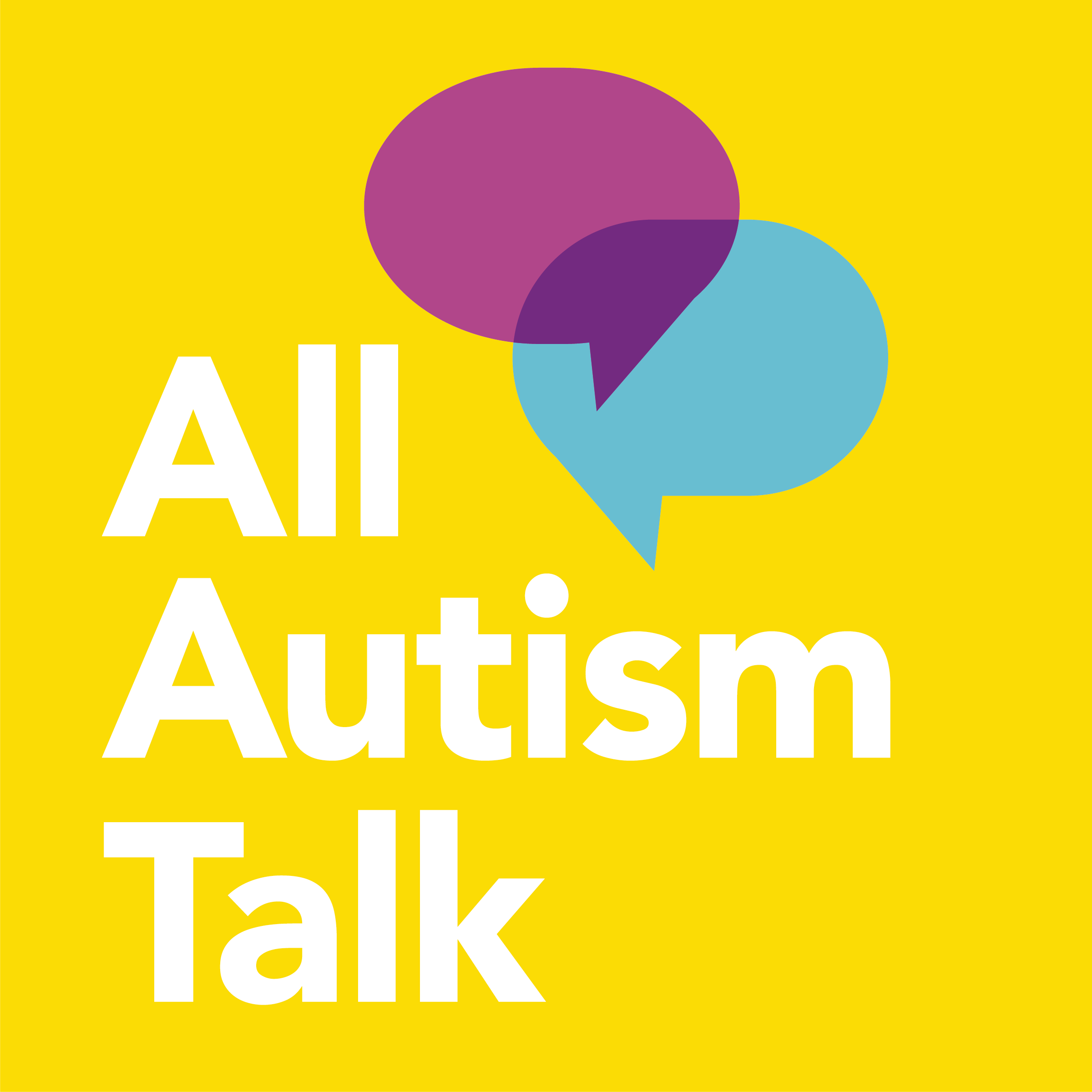
All Autism Talk
All Autism Talk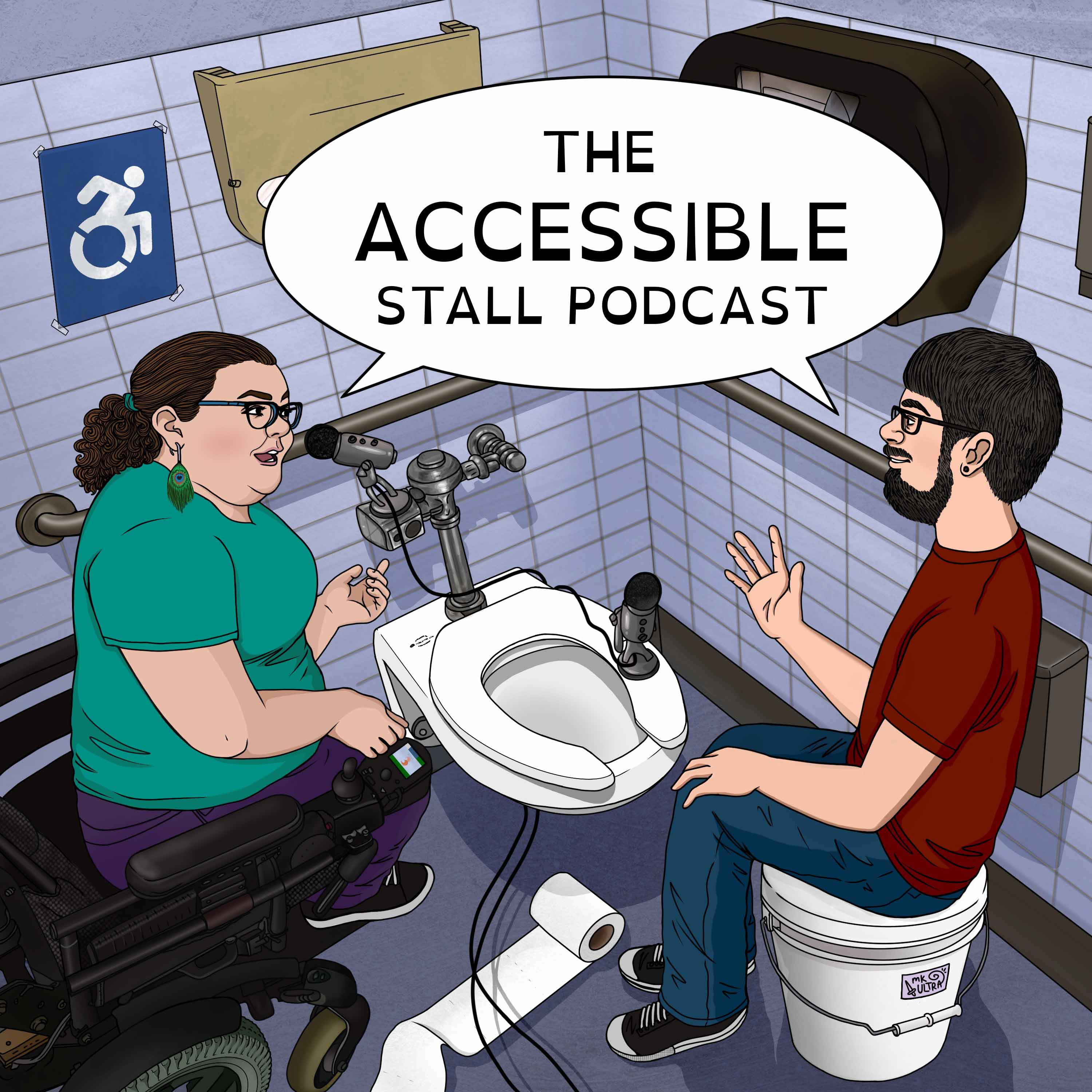
The Accessible Stall
Kyle Khachadurian and Emily Ladau
Disability Deep Dive
Disability Rights Florida
STAY Tuned: Supporting Transition-Age Youth with mental health conditions
STAY Tuned at Transitions to Adulthood Center for Research
Moms Talk Autism Podcast
Shannon Korza, Brittney Crabtree, Tash Dillmon, and Jean Mayer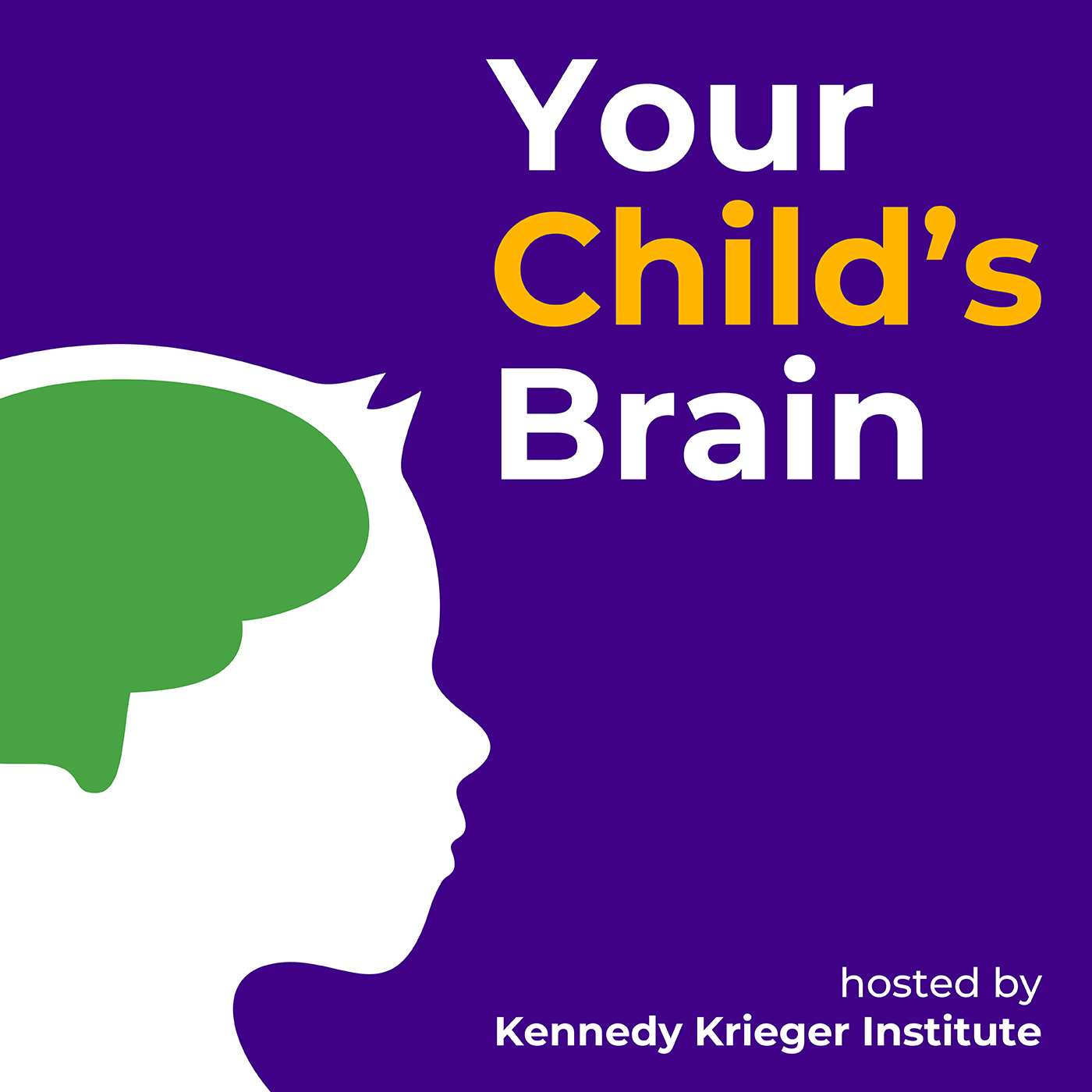
Your Child's Brain
WYPR Baltimore


